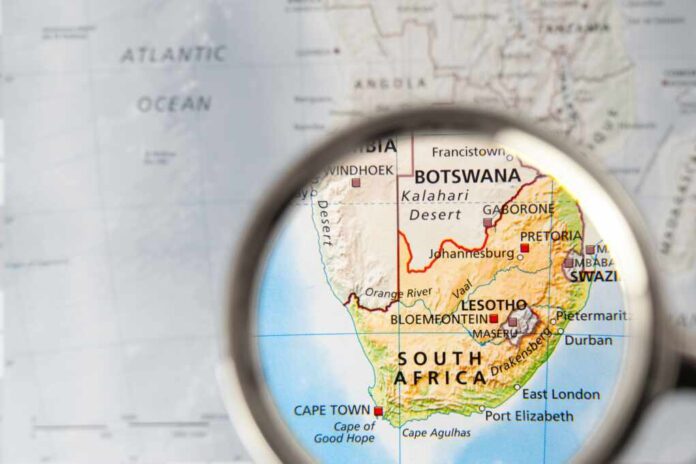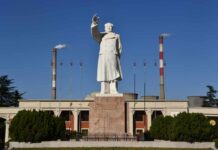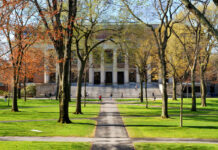
Tensions in South Africa and contentious land reforms have led some Afrikaners to seek refuge in the United States.
At a Glance
- President Trump allowed Afrikaners to seek asylum in the U.S. due to alleged racial discrimination.
- South African leadership refutes claims of racial persecution.
- The Expropriation Bill in South Africa permits land seizures without compensation.
- Afrikaner asylum applications describe racially motivated crimes.
Afrikaners Seek Refuge in the U.S.
Under President Trump’s immigration policies, the U.S. opened its doors to Afrikaners fleeing alleged state-sponsored discrimination and farm violence in South Africa. This move was supported by the Trump administration, which cited evidence of crimes against white farmers and land confiscations by the South African government. Afrikaner rights organizations view this as a critical acknowledgment of their plight.
Despite the opportunity to seek asylum, South African President Cyril Ramaphosa criticized Afrikaners leaving the country, dismissing them as “cowards” unwilling to face the issues at home. Meanwhile, the U.S. State Department stands by those claiming racial persecution, offering refuge to those providing credible accounts of violence.
Controversial Expropriation Bill
One of the sparks for this exodus is the Expropriation Bill, which allows the South African government to seize property with “nil compensation.” No formal state-backed confiscations have taken place yet, but reports of white-owned farms undergoing invasions with minimal police intervention have fueled fears. The bill is part of broader shifts aimed at addressing historical land imbalances, but the approach has been contentious internationally.
“Who can provide proof of any persecution of a specific race in South Africa?” he asked. “There’s no proof. There’s no type of persecution or discrimination against any whites in South Africa.” – Ronald Lamola.
The perception of Afrikaners being besieged is compounded by South Africa’s broader economic issues, including high crime rates affecting all demographics and significant unemployment. These socioeconomic conditions exacerbate tensions, with white farmers particularly vulnerable due to perceived wealth.
International Response and Reactions
Trump’s labeling of the situation as a “genocide against white farmers” further inflamed the debate. Despite evidence cited by Trump, South African officials firmly deny any systematic persecution, describing the fears of genocide as unfounded. The controversy also highlights broader concerns about race-based violence, complex racial dynamics, and property rights within South Africa.
“genocide of white South African farmers was imaginary and not happening in our country.” – Wandile Sihlobo.
The Afrikaner community’s move to the U.S. occurs against the backdrop of an unbalanced property distribution, with white South Africans owning a disproportionate share of farmland. While many fear for their safety and cultural rights, others within South Africa argue against the portrayal of white farmers solely as victims, seeking to underscore the nation’s broader challenges of crime and socioeconomic inequity.




























